Iran asks West to press Ukraine on proof of drone supply claims
Iran's Foreign Minister Hossein Amir-Abdollahian has urged the West to encourage Kiev to stop making "baseless accusations" against Tehran and rather engage in "formal negotiations".
“We have already discussed the root cause of the current situation in Ukraine as well as Iran's opposition to war," he told EU foreign policy chief Josep Borrell in a telephone conversation Thursday.
Ukraine and Western countries have accused Iran of providing Russia with military drones for use in the war. Tehran has categorically rejected the allegations.
"Instead of making baseless accusations against Iran over and over again, the West should encourage Ukraine to present substantiated proof at an official meeting of the political and military delegations of the two countries, replace baseless and repeated accusations with formal negotiations and get the point that Iran has always supported peace, not war," Amir-Abdollahian said.
The minister also announced Iran's readiness to help achieve peace in his upcoming visit to Moscow this month.
A technical meeting was held between delegations from Iran and Ukraine last year to discuss the allegations. However, the Ukrainian side failed to provide any evidence of Russia’s use of Iranian drones in the war. Iran has acknowledged that it sent a number of drones to Russia, but the delivery took place prior to the start of the war.
Borrell said he’s thankful to Iran over its efforts to help establish peace in the region despite reports on the alleged use of Iranian drones in the war.
Iran-IAEA ties on 'right track'
The top diplomats also conferred on the latest status of cooperation between Iran and the International Atomic Energy Agency.
Amir-Abdollahian stressed that the talks are "on the right track", some two weeks after IAEA Director General Rafael Mariano Grossi's visit to Tehran which ended with an agreement on facilitating enhanced cooperation and expediting the resolution of outstanding safeguards issues.
Borrell also described the Iran-IAEA cooperation as a positive move forward.
The two sides also discussed the latest state of talks aimed at lifting anti-Iran sanctions and reviving the 2015 Iran nuclear deal.
Iran rolled back its compliance with the 2015 nuclear accord a year after the US unilaterally withdrew from the deal in 2018 and reimposed sanctions on Iran.
Tehran and the remaining signatories to the deal have held talks on reviving the accord since April 2021, after Joe Biden came to power in the US. But those talks have been stalled for months amid Washington's procrastination and refusal to provide guarantees.
Iran says an agreement on the revival of the deal hinges on the settlement of issues between Tehran and the IAEA, as well as the removal of all US sanctions on the country.
How US abuses its UN veto power to enable Israel’s genocidal war on Gaza
Iran refutes US, UK accusations over Ukraine war, West Asia conflicts
Pakistani town erupts in protest after terrorists kill scores of Shia Muslims
US senator threatens ICC with military action over Netanyahu sentence
Iran: ICC indictment of Netanyahu should have included 'genocide'
VIDEO | IAEA anti-Iran resolution
Iran urges pope to help end Israeli onslaught in Gaza
VIDEO | ICC's warrant against Netanyahu


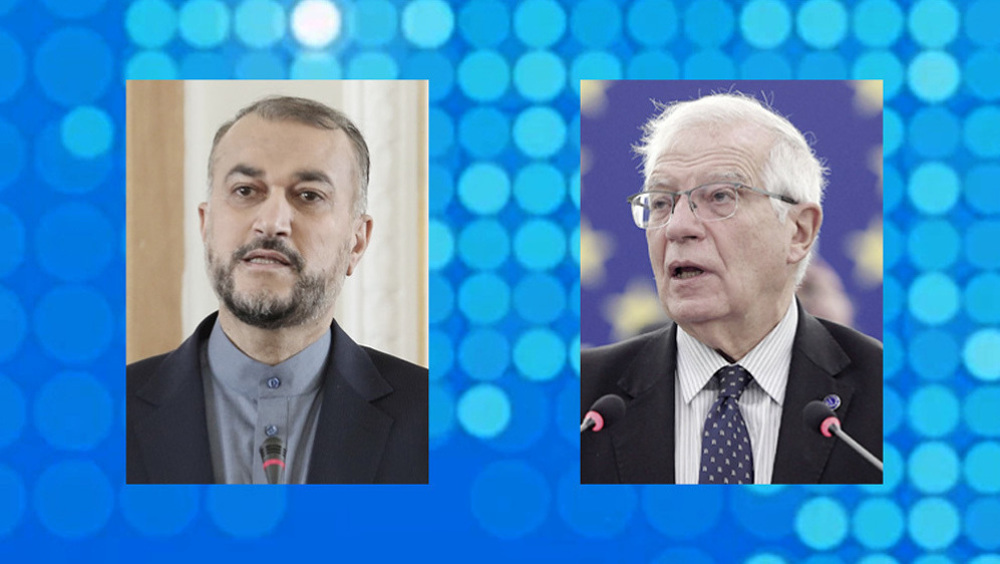
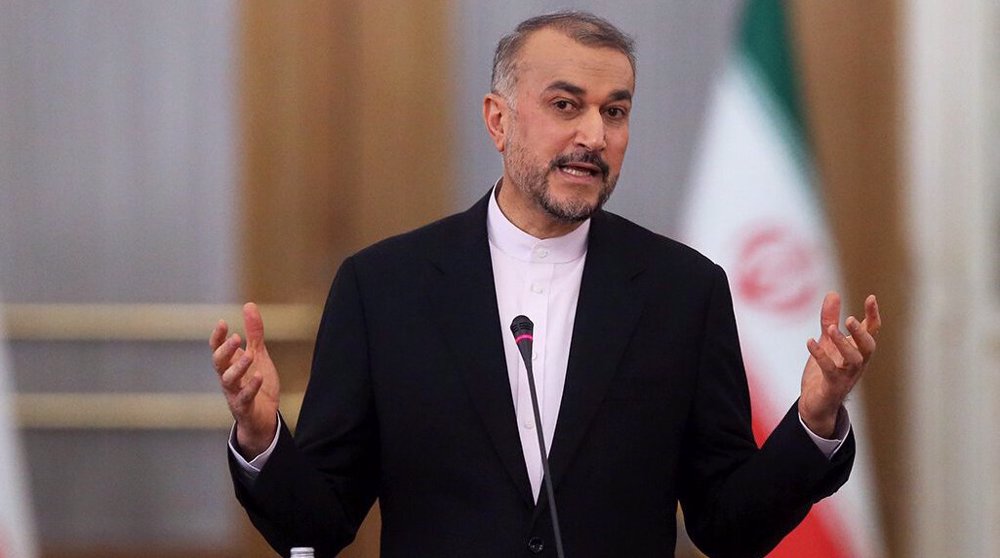
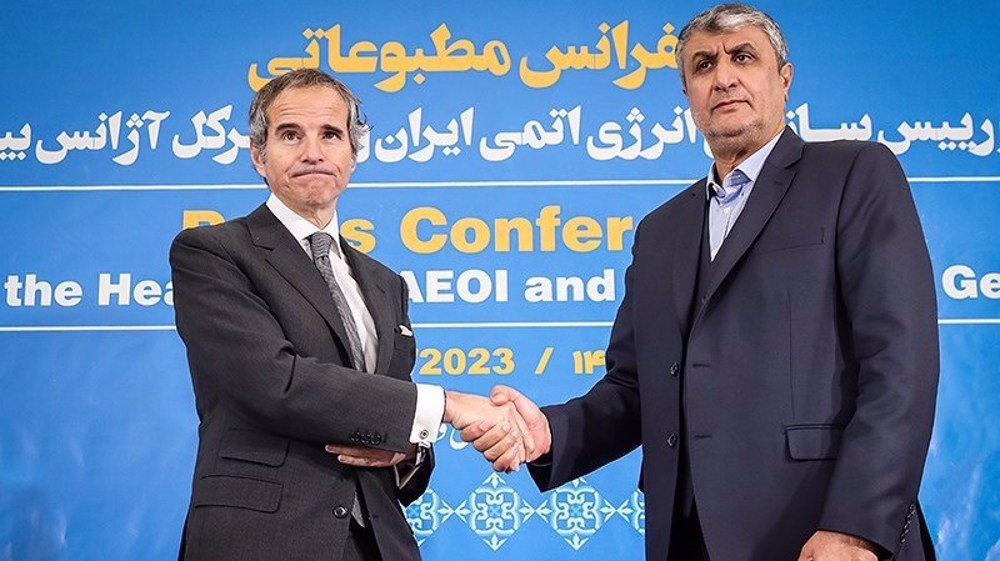
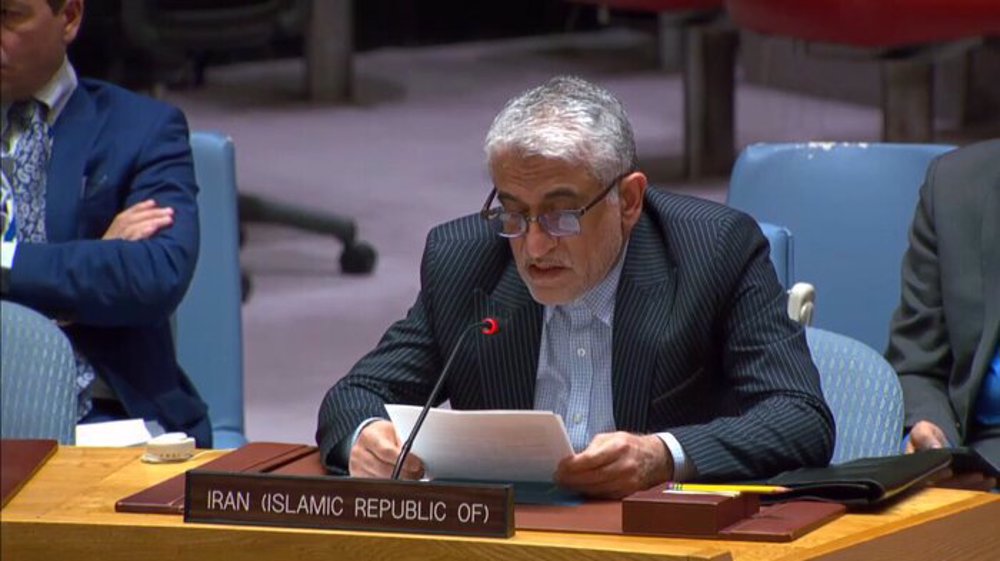
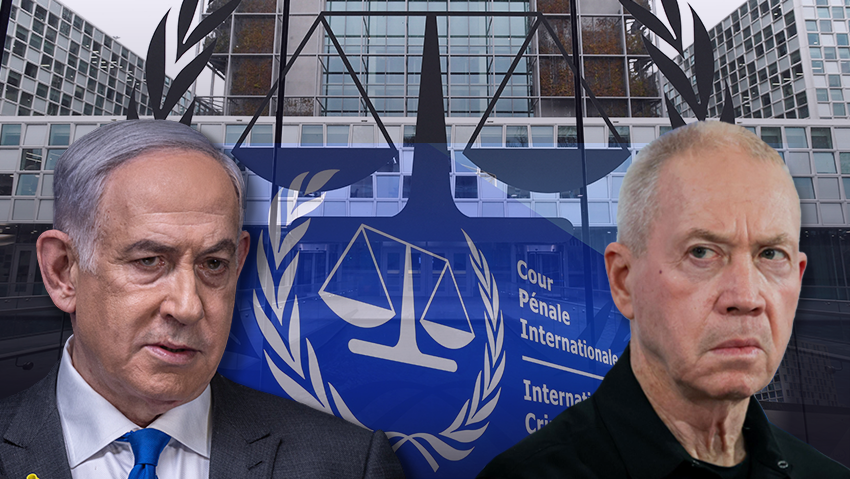
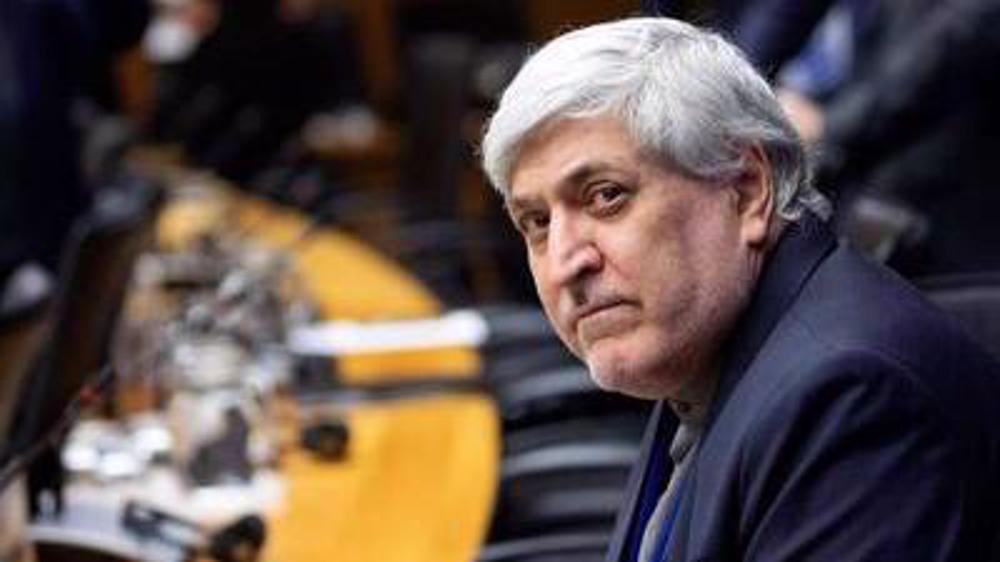



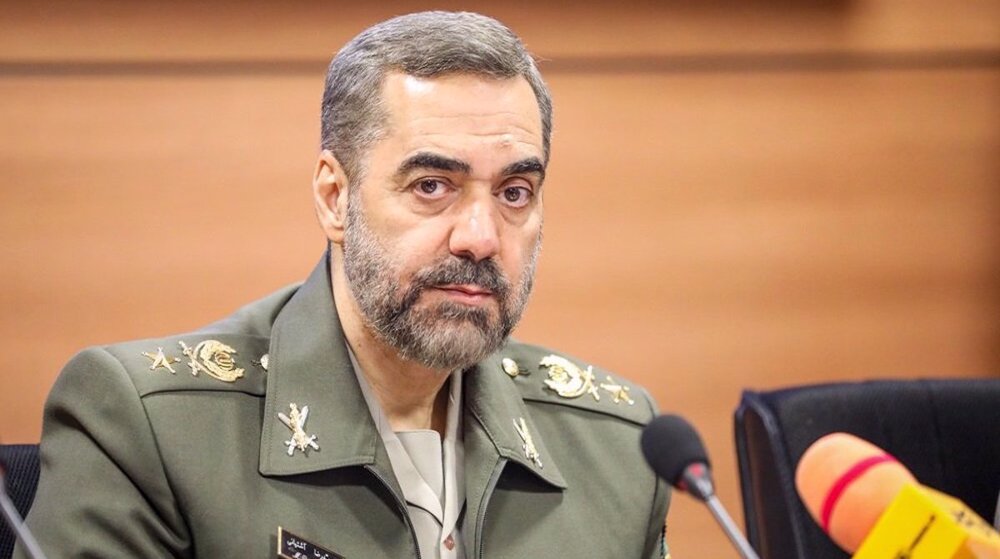
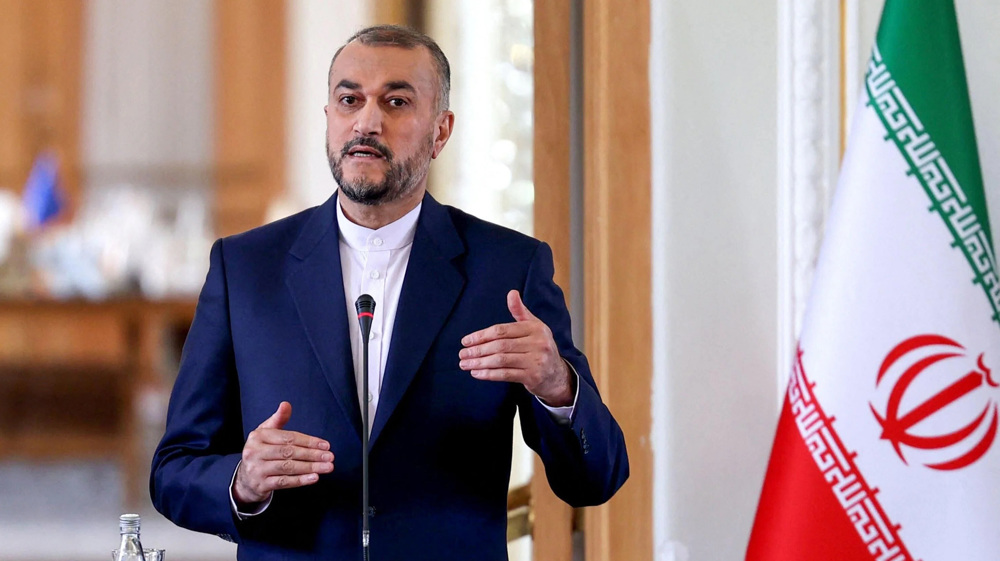

 This makes it easy to access the Press TV website
This makes it easy to access the Press TV website